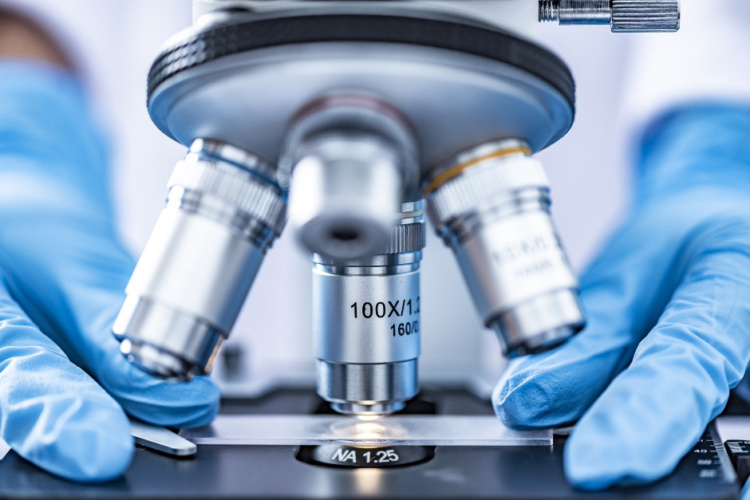New biomaterial can be 'fine-tuned' for medical applications
Researchers in the UK and US have ‘fine tuned’ a new thermoplastic biomaterial for suitable use in soft tissue repair or flexible bioelectronics.

Materials that successfully replicate the necessary elasticity and strength of biological tissues, but which also biodegrade over an appropriate timescale, are difficult to engineer because a material’s mechanical properties typically govern the rate at which it degrades.
The team, from Birmingham University, UK, and Duke University, US, said that they have successfully enabled the rate at which the material degrades in the body and its mechanical properties to be controlled independently through the addition of succinic acid, a product found naturally within the body, to control the degradation rate.
Gas sensor implant biodegrades inside the body
'Electronic skin' is recyclable alternative to wearable devices
In a new study published in Nature Communications, researchers showed how the polyester biomaterial degrades gradually over a period of four months, with healthy tissues growing into and eventually replacing the implant. Tests in rats were also carried out to confirm the material’s biocompatibility and safety.
Register now to continue reading
Thanks for visiting The Engineer. You’ve now reached your monthly limit of news stories. Register for free to unlock unlimited access to all of our news coverage, as well as premium content including opinion, in-depth features and special reports.
Benefits of registering
-
In-depth insights and coverage of key emerging trends
-
Unrestricted access to special reports throughout the year
-
Daily technology news delivered straight to your inbox










UK Enters ‘Golden Age of Nuclear’
The delay (nearly 8 years) in getting approval for the Rolls-Royce SMR is most worrying. Signifies a torpid and expensive system that is quite onerous...